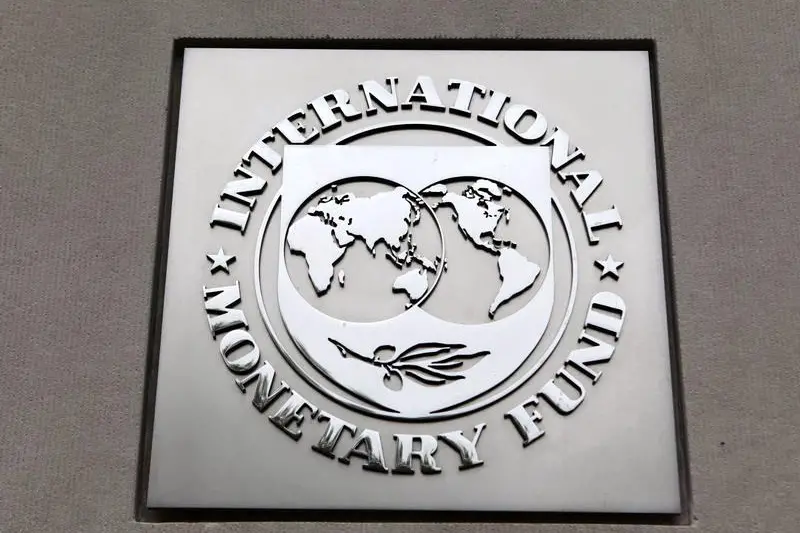PHOTO
The International Monetary Fund (IMF) has approved $181.74 million in funding for Rwanda, citing strong performance under its three-year economic reform plan.
The funding comprises $94.23 million from the Resilience and Sustainability Facility (RSF) and $87.51 million from the Standby Credit Facility (SCF).
The approval follows IMF fourth reviews of Rwanda's Policy Coordination Instrument (PCI) and the RSF and SCF arrangements, noting that all targets were met, and reforms to improve public investment transparency and foreign exchange markets were implemented.
According to the IMF, Rwanda’s economy has shown resilience, supported by robust growth in key sectors and a recovery in agricultural production, even though the economy continues to face external vulnerabilities, including a widening current account deficit and exchange rate pressures.
The IMF highlighted Rwanda's robust growth, resilience in agriculture, and effective handling of challenges such as the Marburg virus outbreak.“Fiscal consolidation remains essential to preserving macroeconomic stability and rebuilding buffers. Efforts to enhance domestic revenue mobilisation should focus on broadening the tax base, streamlining exemptions, and improving compliance,” IMF Deputy Managing Director Bo Li said.
According to Mr Bo, inflation remains within target, supported by tight monetary policy and favourable food prices, while international reserves are projected to cover 4.5 months of imports by year-end.
Rwanda has also advanced in integrating climate considerations into its macroeconomic policies through the RSF. The country, the first in Africa to access this facility, secured $319 million under the arrangement in December 2022 to address structural challenges like climate change with affordable, long-term financing.
“To ensure Rwanda's economic stability and growth, policies should focus on maintaining macroeconomic and financial stability, ensuring fiscal sustainability, and rebuilding policy buffers,” said IMF.“Accelerating domestic revenue mobilisation will be critical to restore Rwanda’s policy space for responding to shocks and achieving its development objectives. Continued progress on expenditure rationalisation and mitigating fiscal risks from state-owned enterprises is also needed.”
© Copyright 2022 Nation Media Group. All Rights Reserved. Provided by SyndiGate Media Inc. (Syndigate.info).




















